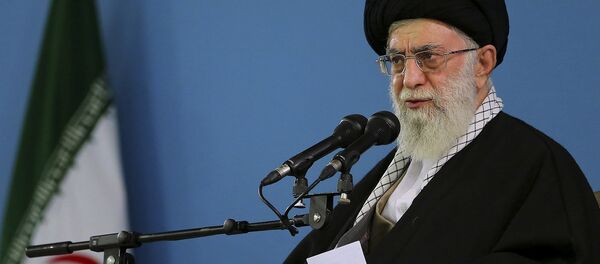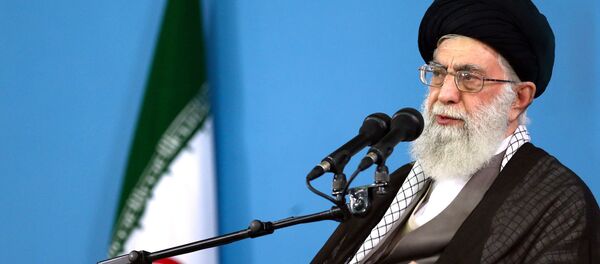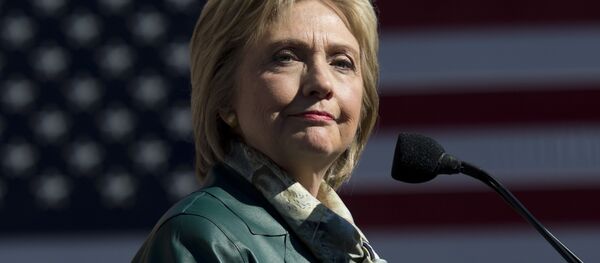Painting Iran as “an aggressor in cyberspace” with teams of hackers that are “constantly trying to penetrate the US cybersecurity,” Washington showcases its own hypocrisy, Draitser said, as it was Americans who first attacked Iran in this cyberspace war.
Between 2011 and 2012, the US — in cooperation with Israel, its closest ally “in the area of cyber warfare” — released the program considered to be “the first example of the cyber weapon,” the analyst stressed. This malware, including such viruses as Gauss, Flame and Stuxnet, were supposed to infiltrate and infect computers inside Iran and to disrupt their nuclear energy program.
“That was the first time in recorded history that we’ve seen the use of such a weapon,” Draitser said. “What that demonstrated was the potential that the US and its Israeli allies have to infiltrate the highest levels of secured computer systems inside of Iran and, frankly, inside of any country they might want to target.”
Draitser suggested that the US might be using the indictment on a broader political and geopolitical level. On the one hand, the Obama Administration is working to “mend fences” with Iran by maintaining the terms of the nuclear deal, while on the other it tries to present Iran as an aggressor.
“The real issue here has to do with a broader question of how the US is acting towards Iran in the wake of very important momentum of the nuclear deal,” he assessed. “The timing is suggesting coordinating from certain elements in the US seeking to demonize Iran in order to undermine that deal.”
“It’s not the specifics of this case but rather how it will be used, how it will be translated into political currency, particularly for Hillary Clinton, neocons, Donald Trump – all of them who will use it as a weapon, not only against the Obama administration, but in order to prop up their own anti-Iranian narratives.”
The charges also highlight that Obama is likely at odds with some of his generals, some of the leadership in state intelligence.
“What this story is actually indicating is a number of interrelating conflicts inside the US political establishment, and also at broader political geopolitical and military strategic levels,” he said, pointing to frictions between Obama and his inner circle, incited by the Syrian conflict in 2013.
“The US intends to drive a wedge between the political leadership in Iran and the economic interests that a lot of the private industrial firms and private investors inside of Iran, some of the wealthy elites… many of whom have vested interests in opening up Iranian economy for the EU,” Draitser said.






